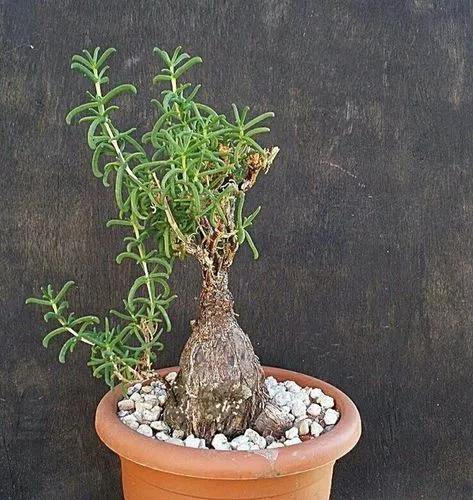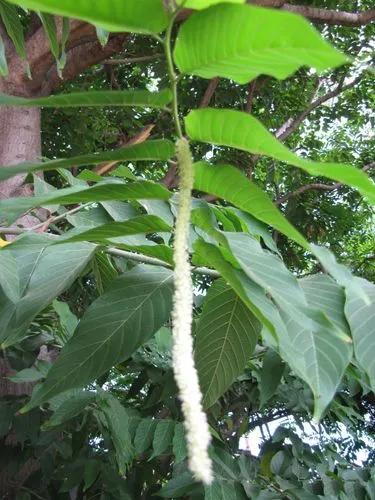Pinus serotina, the pond pine, marsh pine or pocosin pine, is a pine tree found along the Southeastern portion of the Atlantic coastal plain of the United States, from southern New Jersey south to Florida and west to southern Alabama. This pine often has a crooked growth pattern and an irregular top and grows up to 21 metres (69 ft) high, rarely to 29 metres (95 ft).
Pond Pine Care
Pinus Serotina



The needles are in bundles of three or four, and 15–20 cm (6–8 in) long. The almost round cones are 5–8 cm (2–3 1⁄4 in) long with small prickles on the scales. Its cones are usually serotinous, requiring fire to open. The pond pine is found in wet habitats near ponds, bays, swamps, and pocosins. Often found among long leaf pines due to their high flammability and the pond pines need for fire to germinate.
The species name serotina is derived from the persistently unopened cones that may remain closed for several years before they release their seeds; the opening is often in response to forest fires.
At the north end of its range, it intergrades and hybridises with pitch pine (P. rigida); it is distinguished from that species by the longer needles and on average slightly larger cones. Some botanists treat pond pine as a subspecies of pitch pine.
How to Care for the Plant

Popularity

8 people already have this plant 3 people have added this plant to their wishlists
Discover more plants with the list below
Popular articles






